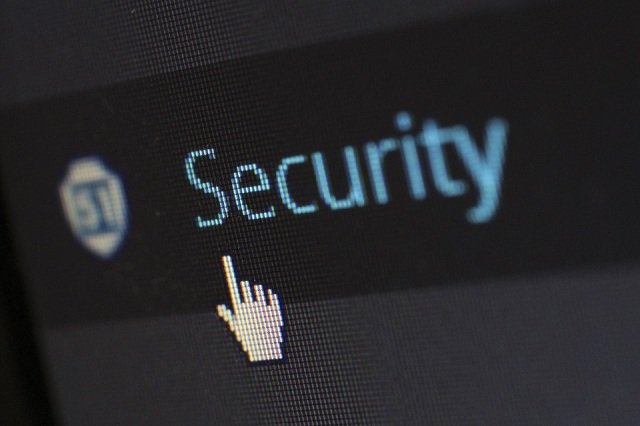 No one is safe from online hackers, not even major hosts like WordPress. Despite the major efforts of WordPress developers to keep their platform safe, hackers will always find a way to compromise the safety of a website. Instead of fearing for your site’s security, it’s time to take some action.
No one is safe from online hackers, not even major hosts like WordPress. Despite the major efforts of WordPress developers to keep their platform safe, hackers will always find a way to compromise the safety of a website. Instead of fearing for your site’s security, it’s time to take some action.
As the site owner, it is your responsibility to make sure there are zero opportunities for your site to be compromised. Protecting the site requires updated know-how and the determination to keep hackers away.
The Best Practices
Strengthening your WordPress’ security includes minimising the number of plugins you use. If you haven’t been using a plugin for over 6 months, delete it. Also, passwords are important. Choose a difficult-to-crack password for hackers, but one your staff can remember easily.
Digital and advertising specialists in Melbourne also recommend updating your WordPress regularly. Since hackers continue to progress, they improve their codes and strategies. Updating your sites also keeps you on track with the latest security measures.
Trust in WordPress Plugins
WordPress’ Wordfence is the ideal plugin that blocks IP addresses attempting to spam your site. It monitors your live traffic, as well as limits the number of login attempts. Because of its regular maintenance and updates, you can count on its strict security measures.
To back up your WordPress files and database, use BackWPUp. If you’re looking for significant changes on your database, Better WP Security is another great plugin that makes it easier for you to sleep at night. Remember to read the FAQs before activating both.
Editing the .htaccess
The Hypertext Access (.htaccess) is a configuration file in charge of directory control. When you edit this file, never play with it unless you know the basic coding knowledge. If you are still clueless about hypertext, download and install the plugin from the .htacess control. This file offers easy access for file editing, configuration of WordPress permalinks and custom taxonomies. It’s easy to be overwhelmed, but once you get the hang of it, it is easier to use.
While no plugin can make your WordPress site 100% secure, it can still repel malicious attacks due to a hacker’s impatience. It’s better to try than let the hackers win in the end. Stay informed regarding all the latest security measures and protect your site.
